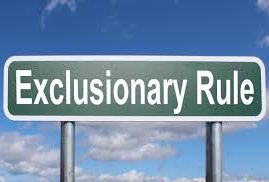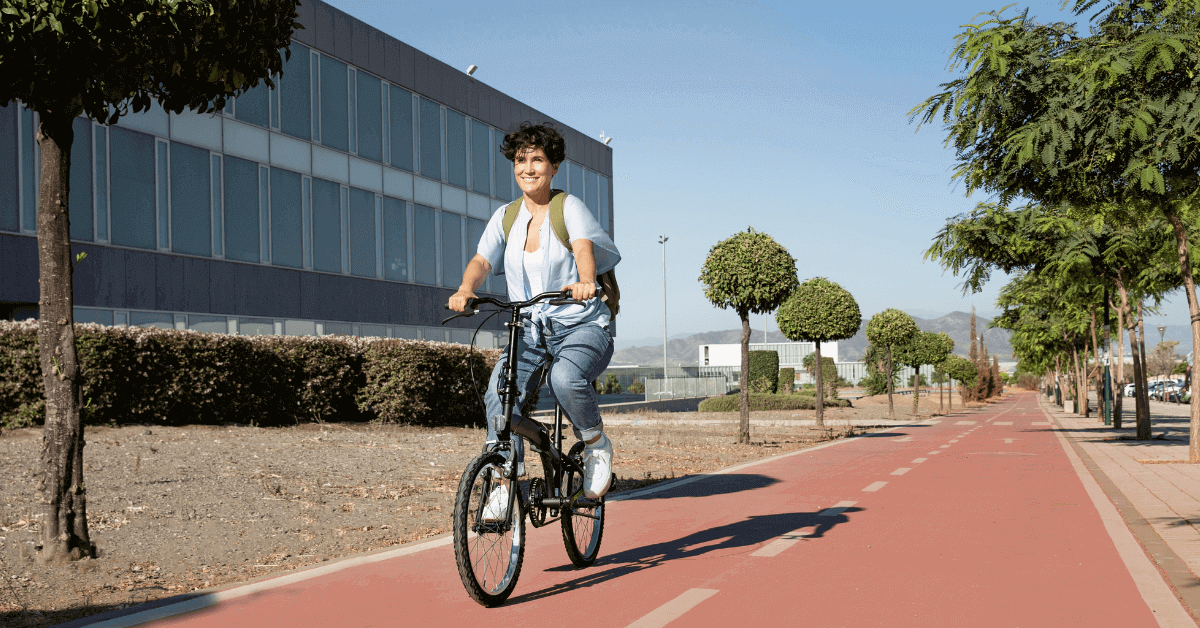As cycling in the city has become more popular day by day, Similarly, parking in cycle lanes has also sparked controversy. So there is only one question in the public mind: Is it Illegal to Park in a Bicycle Lane? However, we will try to find the answer to this question today. This article will discuss permitting parking in bike lanes, the ramifications of doing so, and the effects on traffic and cyclists. whether it is illegal to park in a cycle lane depends on the location of the area and their specific traffic laws.
What Is a Bicycle Lane?
Before knowing whether it is legal to park in a cycle lane, it is more important to know what a cycle lane is. A bicycle lane is a designated section of road that is designated for cyclists only. A cycle lane is usually marked by curved lines or special markings. These lanes help cyclists to cycle safely without any traffic disturbance.
Parking in cycle lanes and legal implications.
In fact, parking laws vary slightly between countries and regions, so whether or not parking in cycle lanes is prohibited is up to local authorities. Parking in cycle lanes is prohibited in many places due to the intended use of a lane. This is because when parked cars block cycle lanes, cyclists are forced to veer into traffic lanes, increasing the likelihood of road accidents.
United States
Different states and cities in the United States have different rules for parking in bike lanes. Parking of bicycles in these lanes is strictly prohibited in most cases. For example, California does not allow cars to park in bicycle lanes, unless they are ready to park and are within an 18-inch curb. Similarly, New York City has a similar law that prohibits parking in bike lanes and makes it a punishable offense.
Conversely, some areas have looser parking laws, granting temporary permits for parking in bike lanes for specific purposes. However, in these circumstances parking for extended periods in a cycle lane is permitted or strictly enforced.
Europe
Cycling is widely included in the European transport network, and parking in cycle lanes is strictly prohibited in many countries. For example, two of the top and best-known countries for cycling culture are Denmark and the Netherlands, both of which strictly prohibit parking in bike lanes. And if someone parks here, their authorities can take serious action and fine. In these countries, blocking bicycle lanes is a serious violation of their traffic laws, as bicycle safety is their main concern.
Similarly, in countries such as France and Germany, parking in cycle lanes can result in fines and driving license implications. In high cycling cities, enforcement of these laws is often tightened to ensure all cyclists ride freely and safely.
Asia
In Asian countries, cycling is popular in many regions with different rules. For example, parking in bicycle lanes in Japan is generally prohibited. However, this law may vary based on specific regions or congested cities.
Why Is It Illegal to Park in a Bicycle Lane?
Parking in cycle lanes is not only an inconvenience, but it also creates a number of significant problems. For example:
- Safety Risks for Cyclists: When vehicles block bike lanes, cyclists are forced to merge with vehicle traffic, increasing the risk of accidents. This is especially dangerous for inexperienced cyclists, as they are not comfortable navigating next to parked cars in moving traffic.
- Increased Traffic Congestion: Blocking cycle lanes in particularly busy areas can cause further congestion, as drivers may slow down or stop suddenly to avoid bicyclists moving into vehicle lanes, resulting in delays and special backups.
- Impact on Traffic Flow: Blocking cycle lanes can impair overall traffic service. Blocking bike lanes can lead to traffic jams that can be confusing for both drivers and bikers. Therefore, the separation of motorist and bicyclist traffic is relied upon to maintain traffic flow in cities with high bicycle use.
- Hindrance to Emergency Services: Some places require clear roads and bike lanes so that emergency services can move quickly. When fire and ambulance vehicles try to reach an emergency on the road, lane blocking can delay their movement, causing more damage.
Parking in bike lanes can lead to fines, tickets and even towing in many cases, and the penalties for repeat offenders are likely to get harsher over time. In some areas with severe bicycle lane restrictions, parking tickets for these violations can be expensive and cars can be stopped from parking illegally.
Exceptions to the Rule: 
Parking in bike lanes is generally illegal or prohibited in many places. However, there are some exceptions to this:
- Loading and Unloading: Some places permit short-term parking in cycle lanes, such as for the purpose of unloading cargo or passenger loads or goods. These exceptions are usually short term and limited in duration. However, prolonged parking is considered illegal.
- Emergency Situations: In many cases, parking in cycle lanes may be permitted on an emergency basis. For example, an ambulance driver or a medical emergency vehicle may be allowed to temporarily block the bike lane.
- Public Services: In some jurisdictions, Public service vehicles such as postal trucks or garbage trucks may be permitted to park in cycle lanes for temporary periods to perform their duties. In this case, there are often rules that drivers can use to reduce lane blocking time.
- Construction Zones: In metropolitan city areas parking in bike lanes may be permitted during temporary road construction. However, drivers need to follow the posted signs to avoid fines and it is very important to be vigilant.
How Do Cities Enforce Bicycle Lane Parking Laws?
Enforcement of parking laws in bicycle lanes can vary significantly depending on different cities and the priorities given to cyclists. In cities where cycling is common, laws are strictly enforced.
For instance:
- Ticketing: In American cities such as Chicago, San Francisco and New York, parking in the bicycle lane is likely to result in an instant ticket and fines ranging from $100 to $200. Traffic enforcement officers have the power to issue these fines on the spot or report bicycle violations that are more likely to result in offending fines for the driver.
- Towing: Parking in bicycle lanes in some areas may result in vehicles being towed. In particular, if they pose a safety risk or obstruct traffic. It can more effectively prevent cars from parking in cycle lanes.
- Reporting system for the public: Certain cities have introduced apps or online reporting systems through which drivers can report blocked bicycle lanes. The system makes it easier for authorities to track violations and take action against repeat offenders. And the laws have been well enforced.
The need for protection for cycle lanes is clear.
As the popularity of cycling is increasing day by day and the cities are also becoming more congested. Therefore, the need to provide protection for cycle lanes is also constantly increasing. These days, many cities are looking for safer ways to make cycling safer and ensure bike lanes are kept clear.
Physical Barriers.
Many cities have physical barriers to separate bike lanes from car lanes. These barriers protect cars from blocking bike lanes and parking and ensure their separation by preventing cars from intruding. Several cities have implemented this solution to physically separate bike lanes from car lanes.
Higher Penalties and Fines.
In some places authorities have increased the fines and penalties for drivers who park in cycle lanes, and many city authorities are considering considering it. High fines and penalties act as a strong deterrent and commit the community to keep the lanes clear.
Campaigns for Public Awareness.
Bicycle lanes can be kept unblocked for public awareness campaigns. These campaigns can inform drivers of the significance of problems such as blocking bike lanes, and reduce the number of violations by making them aware of the dangers to cyclists.
Conclusion:
Is It Illegal to Park in a Bicycle Lane? In most cities and regions, parking in bicycle lanes is illegal except for a number of exceptional reasons. Drivers may be fined for doing so. And these laws have a clear justification. Blocking bicycle lanes threatens the safety of cyclists and obstructs traffic flow.
Whether you’re a cyclist or a motorist, it’s important to understand the importance of keeping these lanes unblocked and to obey local traffic laws. Because by following them, roads can be made safer and more efficient for everyone.
Read Next…
Best regards,
~Team BikeBicycler
